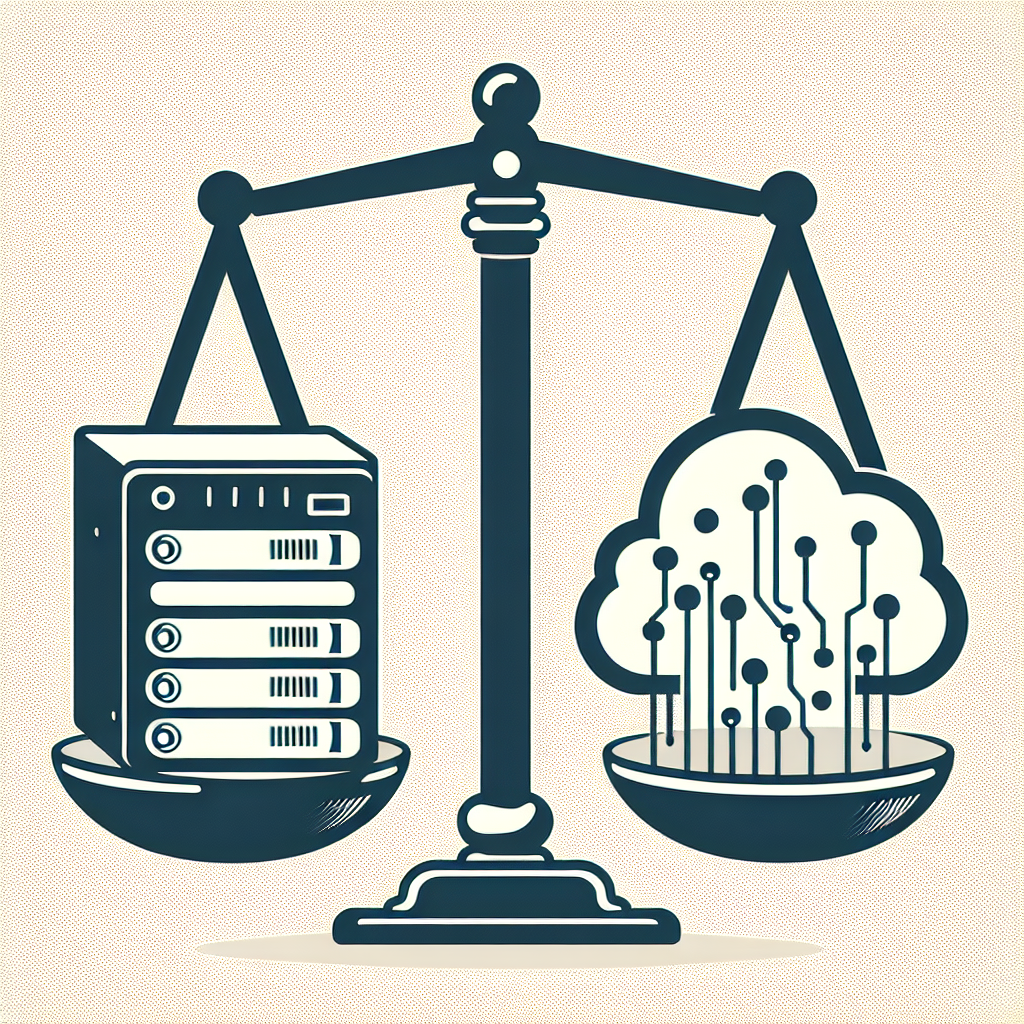In today’s digital age, the amount of data we generate and store continues to grow at an unprecedented rate. As a result, many individuals and businesses are looking for more efficient and scalable storage solutions to manage their data effectively. Two popular options that often come up in this discussion are Network Attached Storage (NAS) and cloud storage. Both offer unique advantages and disadvantages, so it’s important to understand the differences between the two before deciding which option is right for you.
NAS, as the name suggests, is a storage solution that is attached to a network and provides storage and file-sharing capabilities to multiple users and devices. It typically consists of a dedicated hardware device that is connected to a network and can be accessed by users within the network. NAS devices are often used in homes and small businesses to store and share files, media, and other data.
On the other hand, cloud storage is a model in which data is stored on remote servers accessed over the internet. Cloud storage services are offered by a variety of providers, such as Google Drive, Dropbox, and Amazon Web Services. Users can upload and access their data from any device with an internet connection, making it a convenient and scalable solution for storing and accessing data.
When it comes to choosing between NAS and cloud storage, there are several factors to consider. NAS is often favored for its performance and reliability, as data is stored locally and can be accessed quickly within the network. It also offers more control over data privacy and security, as users have physical access to the storage device and can implement their own security measures.
On the other hand, cloud storage offers greater flexibility and scalability, as users can easily expand their storage capacity without the need for additional hardware. It also provides remote access to data, making it ideal for users who need to access their files from multiple locations. However, concerns about data privacy and security may arise, as data is stored on remote servers managed by third-party providers.
Ultimately, the decision between NAS and cloud storage will depend on your specific needs and preferences. If you prioritize performance, reliability, and data control, NAS may be the right choice for you. However, if you value flexibility, scalability, and remote access, cloud storage may be more suitable. It’s important to carefully evaluate your storage requirements and consider factors such as cost, security, and accessibility before making a decision. By weighing the pros and cons of each option, you can choose the storage solution that best fits your needs.


Leave a Reply